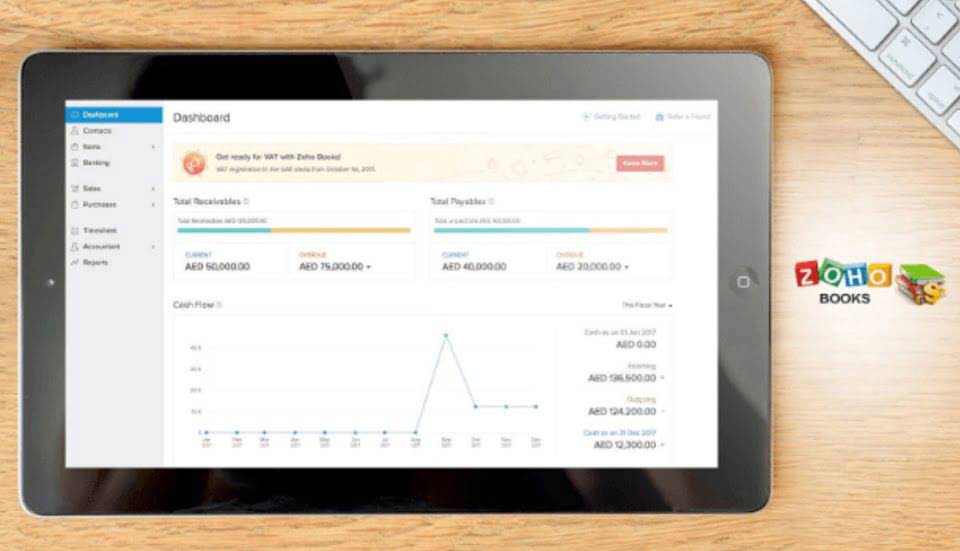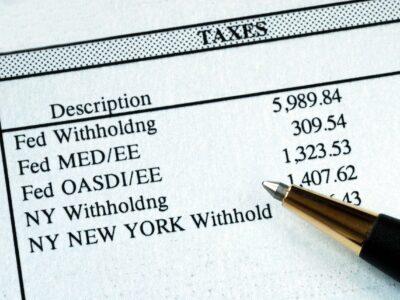Understanding Small Business Bookkeeping Basics: A Guide for Entrepreneurs
Content
- Ready to outsource your bookkeeping, so you can focus on your business?
- Accounting software features
- Recording Transactions
- How Bookkeeping Basics Can Support Your Small Business
- How to Do Bookkeeping for a Small Business
- Download the guide about bookkeeping
- Hire an in-house bookkeeper
- Choosing an accounting method

To find out more about how we can help you with small business bookkeeping, contact us online and schedule an appointment today. A 1099 form is a tax document business owners use to report payments over $600 in a given year to independent contractors. The best policy is to take a proactive approach to prepare for 1099 forms by issuing a W9 to each vendor at the time of the transaction. Then, you’ll have their tax identification number and address on file to report on the 1099 form during tax season.

Equity is the value of your business assets minus the liabilities; it’s basically the value you’d place on your company if you had to put a price tag on it today. Many business owners think bookkeeping is a dreaded chore, but if you understand and effectively use the data your bookkeeper collects, bookkeeping can be your best ally. Using accounting software will help you organize and manage your financial records so they are always on hand when you need them. This is particularly useful when it comes to protecting your asset in the case of an audit or legal concerns.
Ready to outsource your bookkeeping, so you can focus on your business?
If you wait until the end of the year to reconcile or get your financial transactions in order, you won’t know if you or your bank made a mistake until you’re buried in paperwork at tax time. Regularly organizing and updating your books can help you catch that erroneous overdraft fee today, rather than six months from now, when it’s too late to bring up. Generally speaking, bookkeepers help collect and organize data and may have certain certifications to do so for your business. On the other hand, accountants are generally equipped with an accounting degree and may even be state-certified CPAs.
Bookkeepers can use either single-entry or double-entry bookkeeping to record financial transactions. Bookkeepers have to understand the firm’s chart of accounts and how to use debits and credits to balance the books. https://www.bookstime.com/articles/small-businesses-bookkeeping Wave is a web-based accounting solution built for small businesses. With its bank reconciliation feature, you can link your bank accounts, PayPal accounts, and other data sources to see real-time business transactions.
Accounting software features
While this is a great opportunity for brands with growth goals, it introduces confusing sales tax regulations that can cause headaches down the line. If you’re using the wrong credit or debit card, it could be costing you serious money. Our experts love this top pick, which features a 0% intro APR until 2024, an insane https://www.bookstime.com/ cash back rate of up to 5%, and all somehow for no annual fee. There are a few things you need to do in order to get started bookkeeping for your business. However, for the novice, the introduction of bookkeeping-specific vocabulary and the rules that govern proper bookkeeping processes can be overwhelming.
It only works if your company is relatively small with a low volume of transactions. Bookkeeping in a business firm is an important, but preliminary, function to the actual accounting function. By doing your homework regarding banking, transaction management, fundraising, and other accounting topics, you’ll have your new store’s finances in order from the beginning. From opening the right type of business credit card to determining how much revenue you’ll bring in per product, these tasks will all contribute to your business’s success, now and as it grows.
Recording Transactions
There are three basic documents that will help you answer critical questions about your business. These will help you determine where to commit funds in the future and how to create your business plan. They tell you the story of what is really going on in your business. Also called “money out,” an expense is something you pay for, like supplies or rent.
What are the 5 elements of bookkeeping?
In general, there are 5 major account subcategories: revenue, expenses, equity, assets, and liabilities. A business transaction will fall into one of these categories, providing an easily understood breakdown of all financial transactions conducted during a specific accounting period.
The point of keeping a clear record of your business finances is not just to hand them over at tax time. Understanding how much money your business is making and spending every month is the only way you will be able to grow your business over time and ensure long term success. Keep your monthly reports in one place so you can easily look back at data and see if you are improving as a business. This will help you identify what’s working and what’s not and see any opportunities to improve your business. When you think about organizing your banking, you might think of late nights sorting through piles of paperwork and waiting in line at the bank only to receive mediocre service.
How Bookkeeping Basics Can Support Your Small Business
With this credit, you can get up to $26,000 back per employee during COVID-19. An audit trail means you’ll have your invoices in order and you can retrace your steps easily if there’s one tiny error. If you’re driving long distances for meetings, then you can keep track of your mileage and log how far you’ve travelled and the costs that go with it.
- If you’re months or years behind, you might want to get a bookkeeper to do some catch-up bookkeeping for you (Bench can help with that).
- Once you connect your business bank accounts and credit cards to a software, financial transactions show up in a queue and are grouped into categories.
- One of the advantages of using accounting software is that much of the reconciliation process is completed by simply linking your bank accounts to your software of choice.
- Bookkeeping is the process of recording all of a business’s financial transactions.
- You could go with one of dozens of popular cloud accounting solutions, like QuickBooks, Xero or Wave.
- Just because you do most of your work from your dining room table doesn’t mean that you can deduct your entire monthly rent.
While accounting may not be the most exciting part of growing your business, it’s crucial to start off on the right foot. Mary Girsch-Bock is the expert on accounting software and payroll software for The Ascent. Keeping an accurate, up-to-date set of books is the best way to keep track of tax deductions (expenses that you can deduct from your taxable income). Getting your books together and producing financial statements is the only way to gauge the financial health of your small business.
Generally speaking, accrual accounting is better for larger, more established businesses. It gives you a more realistic idea of your business’ income and expenses during a period of time and provides a long-term view of the business that cash accounting can’t provide. Perfect for small business owners who aren’t ready for full-fledged accounting software.
